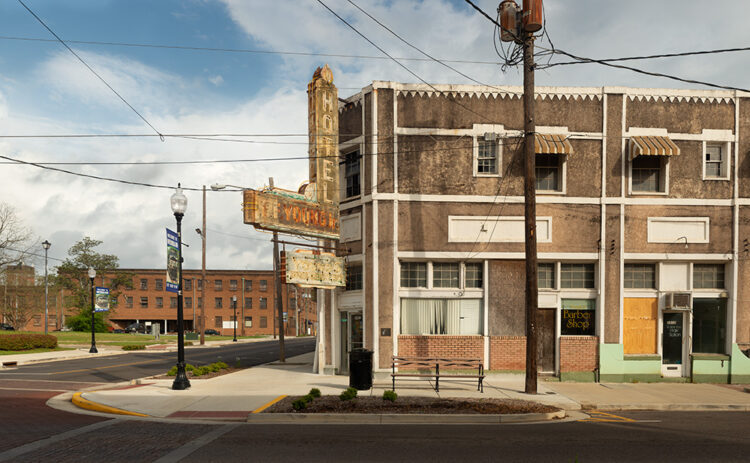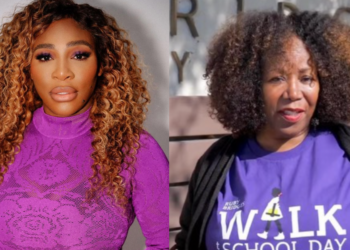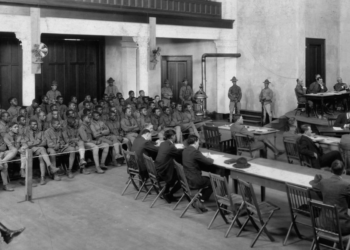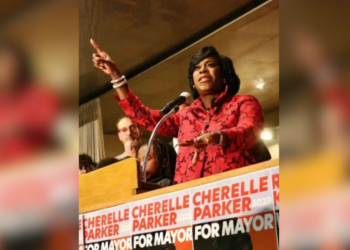It was the end of an era for the E.F. Young Jr. Hotel, a now-demolished Mississippi hotel that hosted several prominent black figures, including none other than Dr. Martin Luther King.
The historic hotel, which operated in Meridian, Miss. from 1946 to 1978 and was named after hair-care product manufacturer and black entrepreneur E.F. Young Jr., served as a safe space for Blacks during the segregation era.
On April 17, the building, which had long been vacant and too costly to rehabilitate, was destroyed after it was deemed a safety hazard in September 2021, according to The Clarion Ledger.
The decision to tear down the legendary hotel, which hosted the likes of MLK, singer Ella Fitzgerald, the Harlem Globetrotters, and others, was made by the surviving Young family, including Democratic state Rep. Charles Young Jr. (E.F. Young’s grandson).
Dr. Martin Luther King, Jr. visited Meridian, Miss., on June 23, 1964, one month after James Chaney, Michael Schwerner, and Andrew Goodman were murdered by the Ku Klux Klan in neighboring Neshoba County. Dr. King spoke at a rally at the historic First Union Missionary Baptist Church, where he called for an end to violence and for the perpetrators of the murders to be brought to justice. He also spoke about the importance of continuing the fight for civil rights.
Dr. King’s visit to Meridian was a powerful and moving event. It showed the strength of the civil rights movement and the determination of the Black community to achieve justice.
“The only way that people could communicate was by word-of-mouth limited telephone, and they had what is called a Green Book,” state Rep. Young said.
The Green Book, also known as The Negro Motorist Green Book, The Negro Travelers’ Green Book, or The Travelers’ Green Book, was an annual guide for Black travelers in the U.S. The guide provided information on hotels, restaurants, gas stations, and other businesses that were safe and welcoming to blacks during the era of segregation.
The Green Book was created in 1936 by Victor Hugo Green, a Harlem postal worker. Green was inspired to create the guide after he and his wife were turned away from a New Jersey hotel. The guide was initially published in New York City but soon expanded to cover the entire United States.
The Green Book was an essential resource for Black travelers during the Jim Crow era. The guide helped ensure that travelers could find safe and comfortable places to stay and eat, and it also helped promote Black businesses. The Green Book was published until 1967 when the passage of the Civil Rights Act of 1964 made it obsolete.
“[The hotel was] one of the premier places to stay in the South,” the elected official said.
In the 1970s, Charles Young Jr.’s grandmother, Velma Beal Young, converted the building into a marketing and sales office for the hair-care company, which later moved its offices to another location in Meridian.









